I Got Sober and Found a New Kind of Friendship
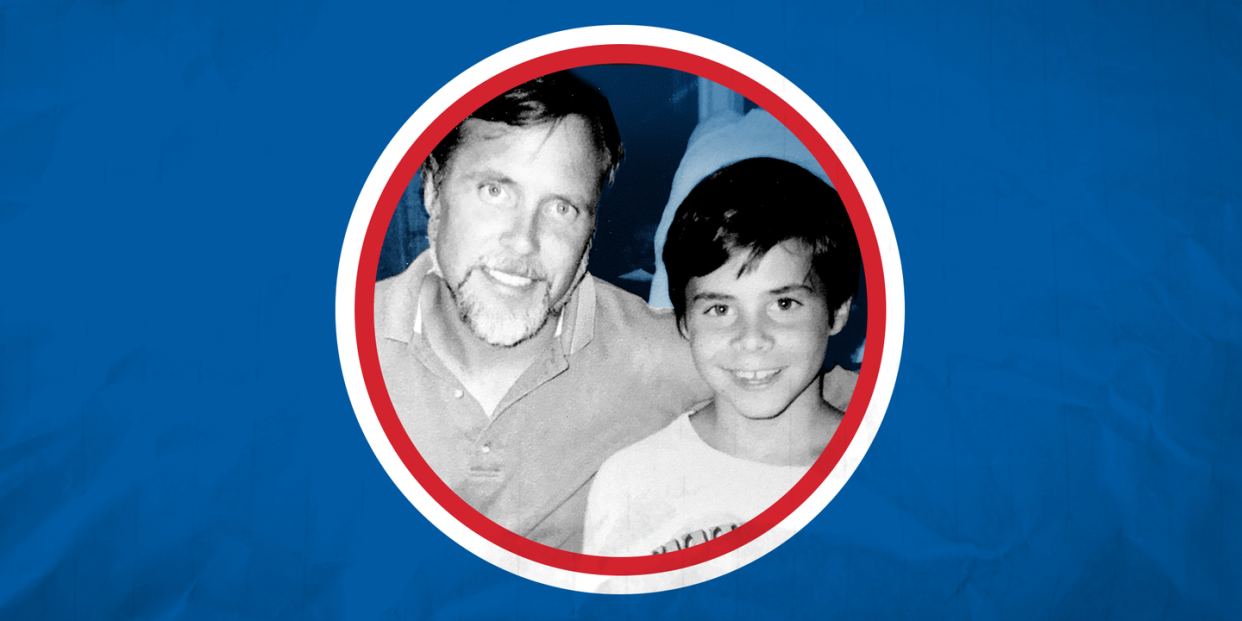
WHEN I GOT sober in 2017, my new AA sponsor, a tall, goofy painter named Kip, invited me to a men’s stag meeting in the basement of a church in downtown Los Angeles. I arrived early, shook some hands, exchanged some nods and sat nervously in the circle of metal folding chairs.
Men continued to file in. Soon the room was filled: 25, maybe 30 men of all ages. The space boomed with their laughter. There were hairy macho men sitting with thin, tattooed hipsters, and suited business types grabbing coffee and cookies for old men with walkers. There was even a priest who sat in the corner. Everyone called him Father.
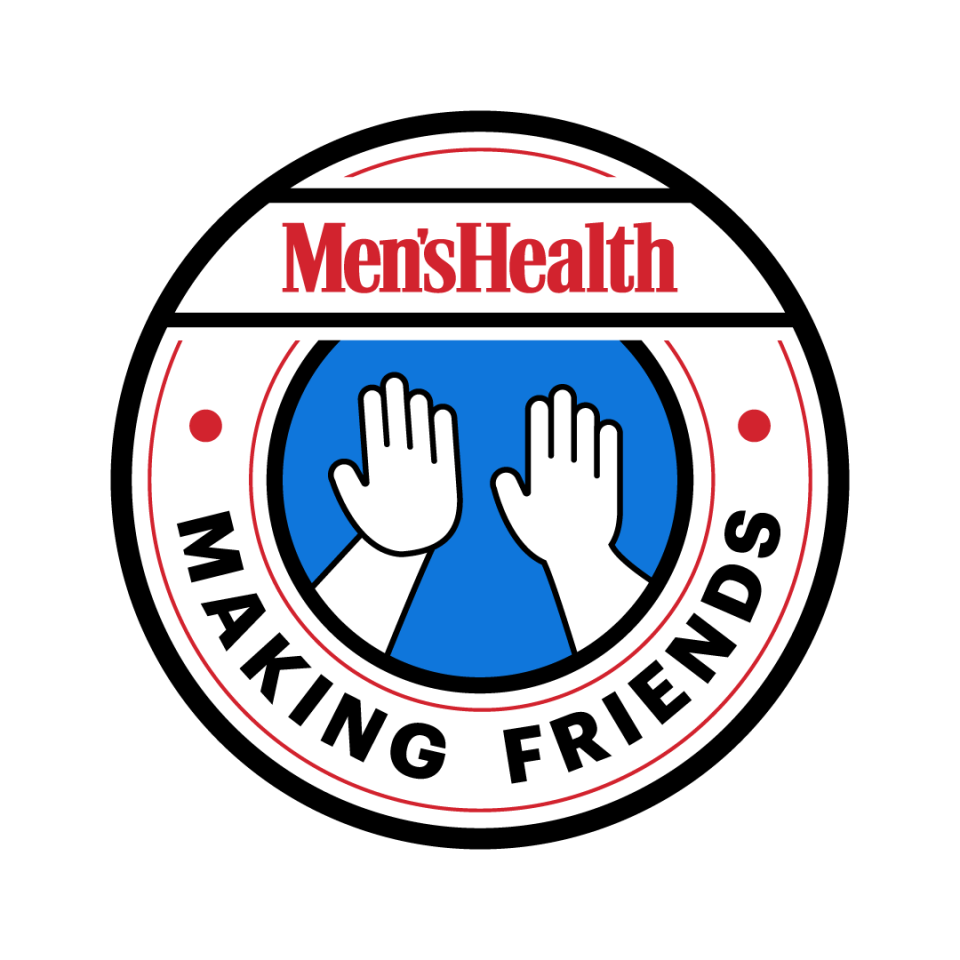
It took me about five minutes to realize how scared I was of all of them.
Each man in the circle had a few minutes to tell a bit of his story, and my heart thumped as my turn approached. At one point, my vision went blurry. All I wanted was to think of something I could say that would impress these guys. Let them know I was okay, that I was one of them. An epic war story maybe, or a joke.
My turn came. Fifty or so eyes affixed on me.
“I’m Sean,” I said. “I’m an alcoholic.”
My throat went dry. Every good line I’d come up with disappeared. And I panicked.

WHEN I THINK of being a kid, I think of riding around in the passenger seat of my dad’s old Toyota 4Runner. My dad lived to drive—40,000, 50,000 thousand miles a year. His carbon footprint rivaled those of small airlines. Even a Sunday morning coffee and donut run became an epic adventure of loading up the dog, rolling down the windows, turning up the stereo, and accelerating our way toward glory.
It was during these rides that I received my education on how to be a man. There was classic rock or country music to sing along to, and there was proud proselytizing from my father, who was alone with a captive audience (seven-year-old me) and no one to tell him he was wrong.
One thing I learned in the truck is that I was never right. Maybe I was just seeing things the wrong way. Maybe I could just be a bit more flexible.
Me about my father’s new wife: “I don’t think Sandra likes me.”
Dad: “Aw buddy. Of course she does. You just have to do exactly what she says. You know what Papa used to say: ‘You catch more flies with honey than vinegar.’”
Me: “I’m scared about the science project. Do you really think we’ll be able to build a rocket?”
Dad: “Scared! C’mon! You’re talking to the 1965 Boy Scout science fair champ right here.”
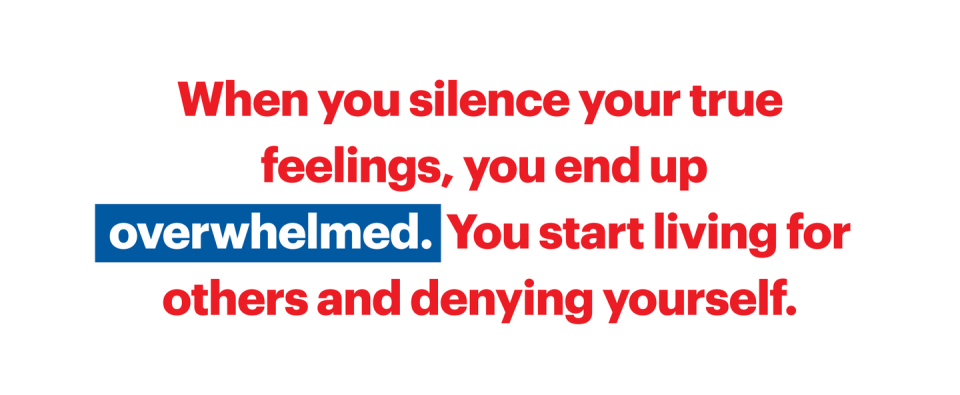
Eventually I stopped speaking at all, because my dad—a longtime human resources consultant—would deftly swat away my every concern with a very particular brand of PR juju. He had an answer for everything. His manipulation was so subtle, it took me 30 years to realize I didn’t actually have any of my own feelings.
Instead, I learned to be a nice guy. To shut my mouth; to mask all that vinegar with honey. And it ended at the bottom of a bottle. Because when you silence your true feelings, you end up overwhelmed. You start living for others and denying yourself. And ultimately you get really, really angry. Some men indulge in their anger—they’re the guys you see screaming at fellow commuters, bullying the barista, picking fights on Twitter—but if you’re like me, you end up turning that anger on yourself, and it later becomes hopelessness. My dad wasn’t spared, either. His own depression culminated in his suicide in 2005. I toasted his death and kept on going.
So I ended up in AA, raw and hurting and surrounded by men who I’d already decided had the potential to injure me. I didn’t trust them, kind of hated them. I simultaneously wanted to punch them in the face and have them pat me on the head and say, “I love you, son.” It was all pretty head-spinning. So what ended up coming out of my mouth in that first stag meeting was a cry for help.
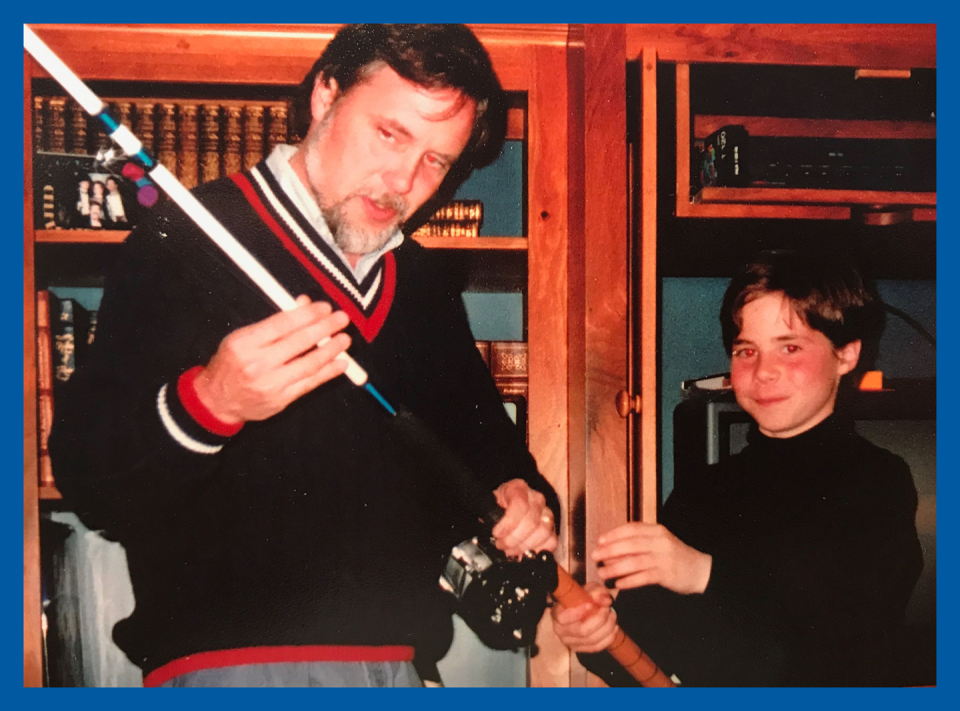
“I just feel like the new kid on the playground,” I said, my eyes never leaving the tile floor.
After the group, a guy my age came up and put his arms around me.
“I’m no good at any of this stuff, either,” he said.
His name was Alexander, and he became one of my first sober buddies, which I would learn were very different from the kinds of friends I had before. Recovery bonds you quickly with people. You cut through the garbage and get to the kind of vulnerabilities that social-research professor Brené Brown, Ph.D., L.M.S.W., writes about—and it transforms you.
I’d always had a lot of male friends. We shared common interests, connected over sports, music, or our careers. We got fucked up together after work or did cocaine on the weekends. We stayed up into the early morning believing we were having epic heart-to-hearts that were actually just buzz-to-buzzes. “Well, that was pretty wild,” we’d shrug sheepishly when we saw each other in class or on the subway. But the relationships never went much deeper.
To go deep, I turned to the feminine. When I was a kid, my mom was the one who listened, so I shared my feelings with women. This wreaked havoc on my dating life. My 20s are a graveyard of women who started as friends, became friends with benefits, and then turned to strangers when things got too intimate. Later, I began opening up to gay men I met working in fashion in New York. Beautiful friendships developed, but something was missing.
I had to risk real connections with other straight men.
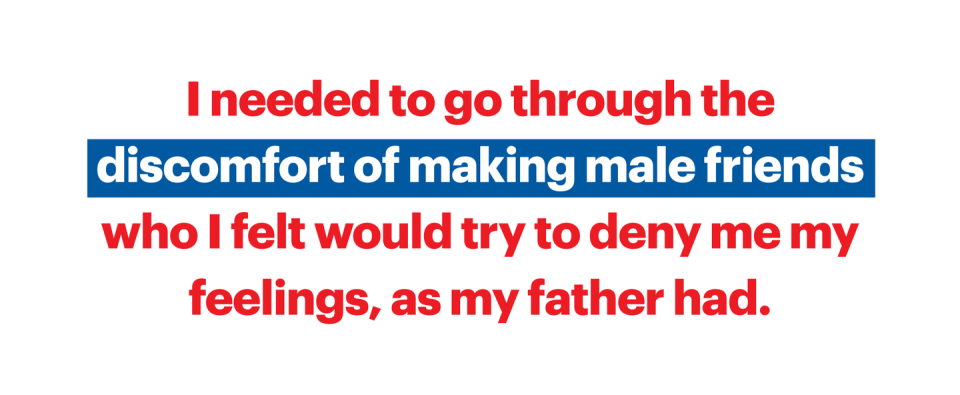
Shortly after I joined AA, my therapist recommended Robert Bly’s seminal book Iron John, which shed some more light on my daddy issues. I learned that looking to women for the acceptance I’d sought from my dad was futile—like going to the dentist for a triple bypass. I needed to go through the discomfort of making male friends who I felt would try to deny me my feelings, as my father had. I had to raise my hand in those fucking meetings and share my experience, just to see it wouldn’t kill me.
I took a hiatus from dating and hung out exclusively with dudes. Initially, I felt all my adolescent pangs of acceptance bristling. Texting Ray for coffee or chatting up Jarrett after a meeting made me feel as vulnerable as any female courting process.
As I went, I realized I’d fallen just as hard over the years for guys as I had for women: my college girlfriend’s cool CEO dad, that rebel senior editor with the corner office. I had wanted their acceptance just as badly as any romantic interest’s. My new friend Nat put it plainly: “There’s so much non-sexual love I want to express to the men in my life. But there’s no guidebook for that.”
Over the next few months, I went to Kip’s painting studio to play guitar. I took boxing classes with Ben, hiked with Mark, geeked out on Free Solo with Bruce, and talked dharma over green tea with Danny. Slowly, I began to build intimacy with men. I didn’t have to be nice, and no one tried to change me. In fact, these guys seemed to accept me exactly as I was.
Alexander and I put together a group of sober guys who would meet to run trails in the park on Sunday afternoon. The runs were hot, dusty, and gratifying, but the best part was just hanging out in the parking lot afterward, passing water bottles around, dripping hard-earned sweat, and shooting the shit. It reminded me of being a kid again, before booze, before puberty, before all the confusion started.
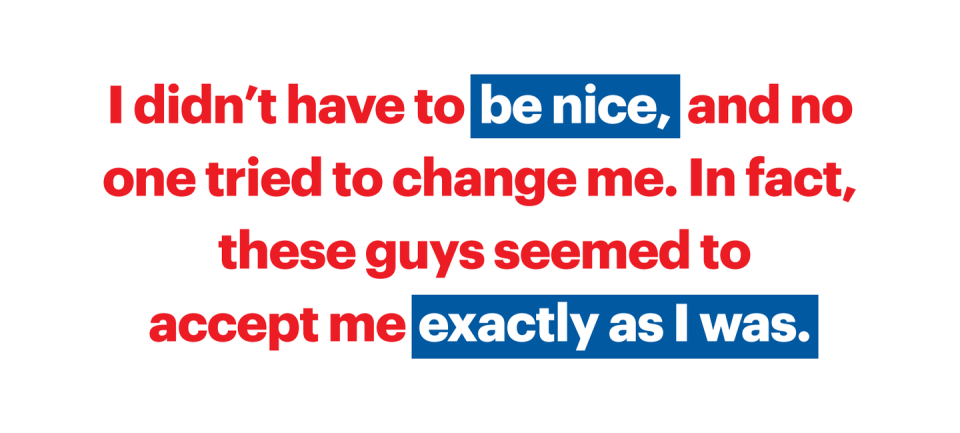
As the wound around my dad healed and I stayed sober, I started taking more risks. I enrolled in grad school, and early on, I noticed a tall guy with a long face, a beat-up leather jacket, and a blonde ponytail walking around. He looked vaguely familiar. One night I caught a glimpse of his nametag, and called to him.
“Hey, you didn’t grow up in Maine by chance?”
“I did, actually,” he said.
Nate had been one of my best friends 30 years ago. We’d lost touch when my mother moved to an adjacent town, but we quickly bonded all over again. Turns out we had some things in common: addict fathers and the subsequent pain around male relationships.
He was a spiritual guy who lived in an ashram in L.A. I went to visit him one day. We sat in the meditation garden and talked for four hours, covering the entire 30 years we’d spent apart, especially those hard, pre-adolescent years.
To talk through my experience with someone else who grew up like me, in a tough section of Maine, was healing on a new level. He didn’t even have to say, “I get you.” I just saw it on his face.
Nate was a talented songwriter, and after some chiding, he agreed to play me something he’d been working on. He sang of men growing and evolving together—of conquering fears and being “broken wide open.”
On the trip home from the ashram that night, I cried. Like sloppy, clown-faced, Michael Jordan cried. It was the kind of male behavior that never would have flown in my dad’s truck. But I was driving now.
You Might Also Like

